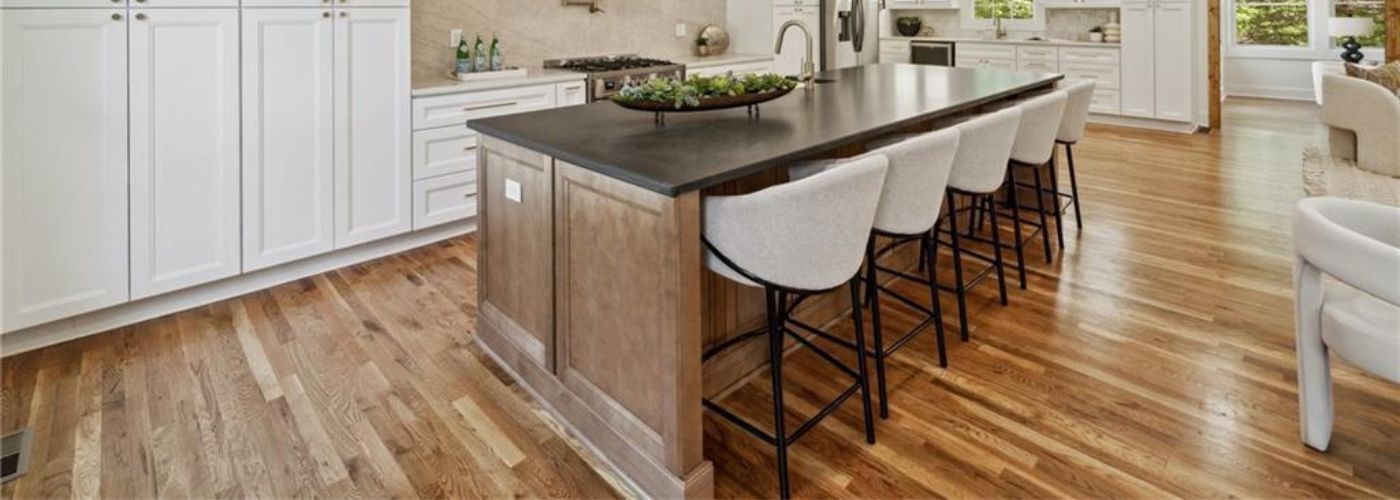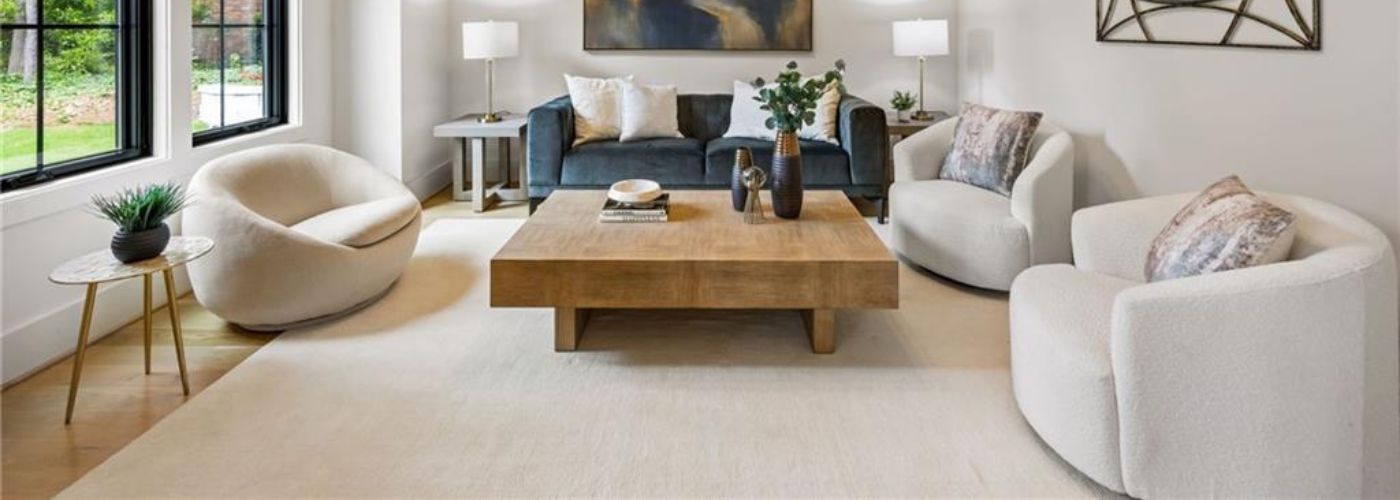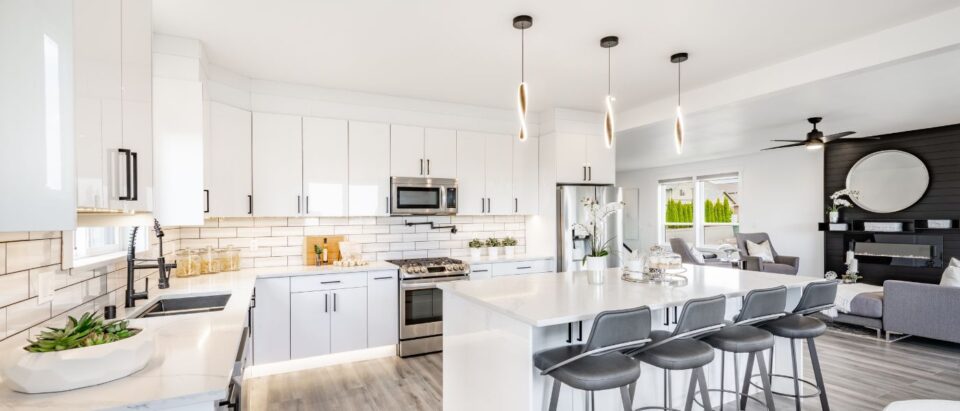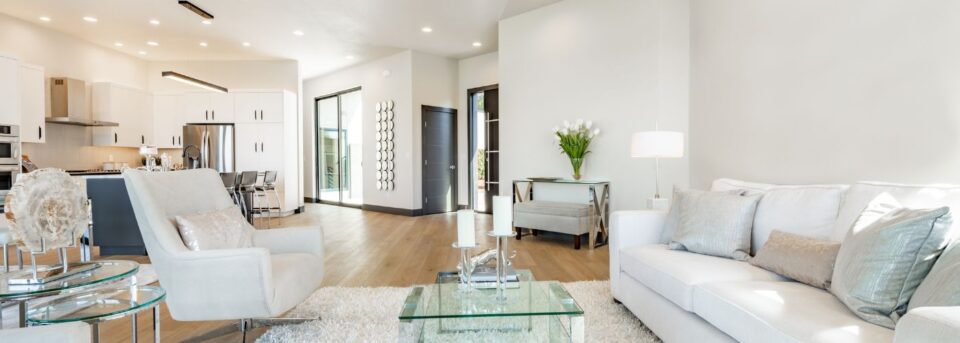What’s Better: Carpet vs Tile Flooring
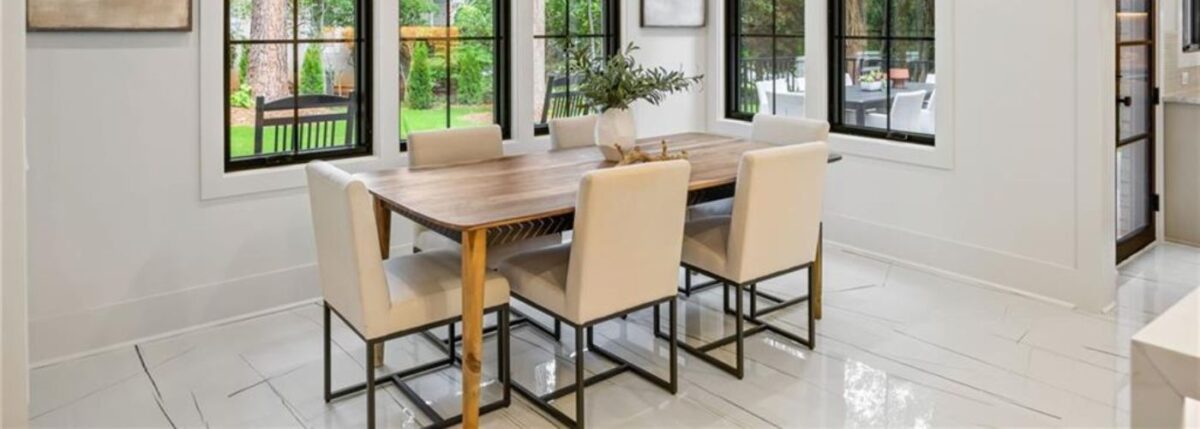
Are you torn between the cozy embrace of carpet and the sleek durability of tile? This age-old debate has implications beyond aesthetics, affecting everything from maintenance to energy efficiency in your home.
In this article, we’ll dissect the limitations of carpet vs tile flooring, guiding you toward a decision that aligns with your personal style and functional needs. Join us as we explore how the right flooring choice can enhance your living environment for years to come.
Key Differences in Carpet vs Tile Flooring
When considering Carpet vs Tile Flooring, one of the most striking differences lies in maintenance. Carpet requires regular vacuuming and occasional deep cleaning to combat stains and allergens, which can help with your home staging.
In contrast, tile flooring is easier to clean; a simple sweep or mop usually does the trick. This makes tile an appealing choice for busy households or homes with pets, where spills are more common.
Another significant difference is comfort. Carpet offers a cozy, warm feel underfoot, perfect for bedrooms or living rooms where you want a soft landing. However, tile flooring shines in areas like kitchens and bathrooms, providing a cool surface that can help regulate temperature in warmer climates.
Additionally, tile’s durability and resistance to moisture make it a practical option for high-traffic and wet areas, whereas carpet can suffer in these environments. Ultimately, the choice between carpet and tile flooring comes down to lifestyle needs and aesthetic preferences.
How Long Can You Expect Each Flooring to Last?
When considering flooring options, the longevity of materials can greatly influence your decision. Carpet typically lasts about 5 to 15 years, depending on the quality and foot traffic it endures.
While soft underfoot and cozy in colder months, carpet can show wear and tear more quickly than harder surfaces. Its lifespan can be extended with regular cleaning, but it may not stand up well against spills or heavy stains.
On the other hand, tile flooring boasts an impressive durability, often lasting 20 years or more with proper care. Its resistance to moisture makes it an excellent choice for kitchens and bathrooms, where spills are common.
Unlike carpet, tile doesn’t harbor allergens or odors, making it a healthier option for many households.
Durability Comparisons For Carpet vs Tile Flooring
When it comes to durability, the battle between carpet vs tile flooring in interior design is a fascinating one. Tile flooring often takes the crown for its resilience against scratches, stains, and moisture. Ideal for high-traffic areas, tile can withstand heavy foot traffic without showing wear and tear.
Plus, it’s perfect for rooms prone to spills, like kitchens and bathrooms, where accidents are common.
On the flip side, carpet offers a different kind of durability—one that’s more about comfort and warmth. While it may show signs of wear over time, modern carpets are designed to be more stain-resistant and durable than ever before.
They can absorb sound, making them great for family spaces or apartments where noise is a concern. Ultimately, your choice between carpet vs tile flooring should depend on your lifestyle and the specific needs of each room.
Cost & Installation Differences For Both Flooring Types
When comparing carpet vs tile flooring, cost and installation are crucial factors to consider. Carpet is generally less expensive upfront, with lower material costs and often simpler installation processes.
Most homeowners can tackle carpet installation as a DIY project, saving on labor costs. However, over time, the maintenance of carpet—like regular cleaning and occasional replacement—can add up, making it a more costly option in the long run.
On the flip side, tile flooring usually comes with a higher initial price tag due to the materials and professional installation required. Tile is durable and low-maintenance, which means fewer replacements over the years.
The installation process can be intricate, requiring skilled labor to ensure proper alignment and grouting. While you may spend more initially, the longevity and resilience of tile can lead to savings over time, making it a wise investment for many homeowners.
How Each Flooring Type Affects Air Quality
Carpet and tile flooring each play a unique role in influencing indoor air quality. Carpets, while cozy and inviting, can trap dust, allergens, and pet dander within their fibers. This makes them a potential health concern for allergy sufferers.
Regular vacuuming can help, but it’s often not enough to eliminate all contaminants. On the flip side, tile flooring offers a sleek, easy-to-clean surface that doesn’t harbor allergens as much as carpets do. With proper maintenance, such as mopping and sealing, tile can significantly improve air quality by reducing the buildup of harmful particles.
Moreover, the materials used in both flooring types also impact air quality. Many carpets are treated with chemicals that can emit volatile organic compounds (VOCs), leading to poor indoor air quality.
In contrast, natural stone or ceramic tiles often have low VOC emissions, making them a healthier choice for your home. Choosing eco-friendly tiles can further enhance air quality, ensuring that your living space remains fresh and free from harmful substances. This is one of the most underrated interior design tips.
Acoustic Benefits Between Both Flooring Types
When it comes to acoustic benefits, the choice between carpet and tile flooring can significantly impact your living environment. Carpet flooring excels in sound absorption, effectively dampening noise from footsteps, voices, and other household sounds.
This makes it an ideal option for multi-story homes or apartments where minimizing sound transfer is essential. The soft fibers of carpet trap sound waves, creating a cozy atmosphere that feels peaceful and inviting.
On the other hand, tile flooring offers a different set of acoustic properties. While it may not absorb sound as well as carpet, tile can enhance clarity in sound. This is particularly advantageous in spaces designed for music or gatherings, where clear acoustics are important!

